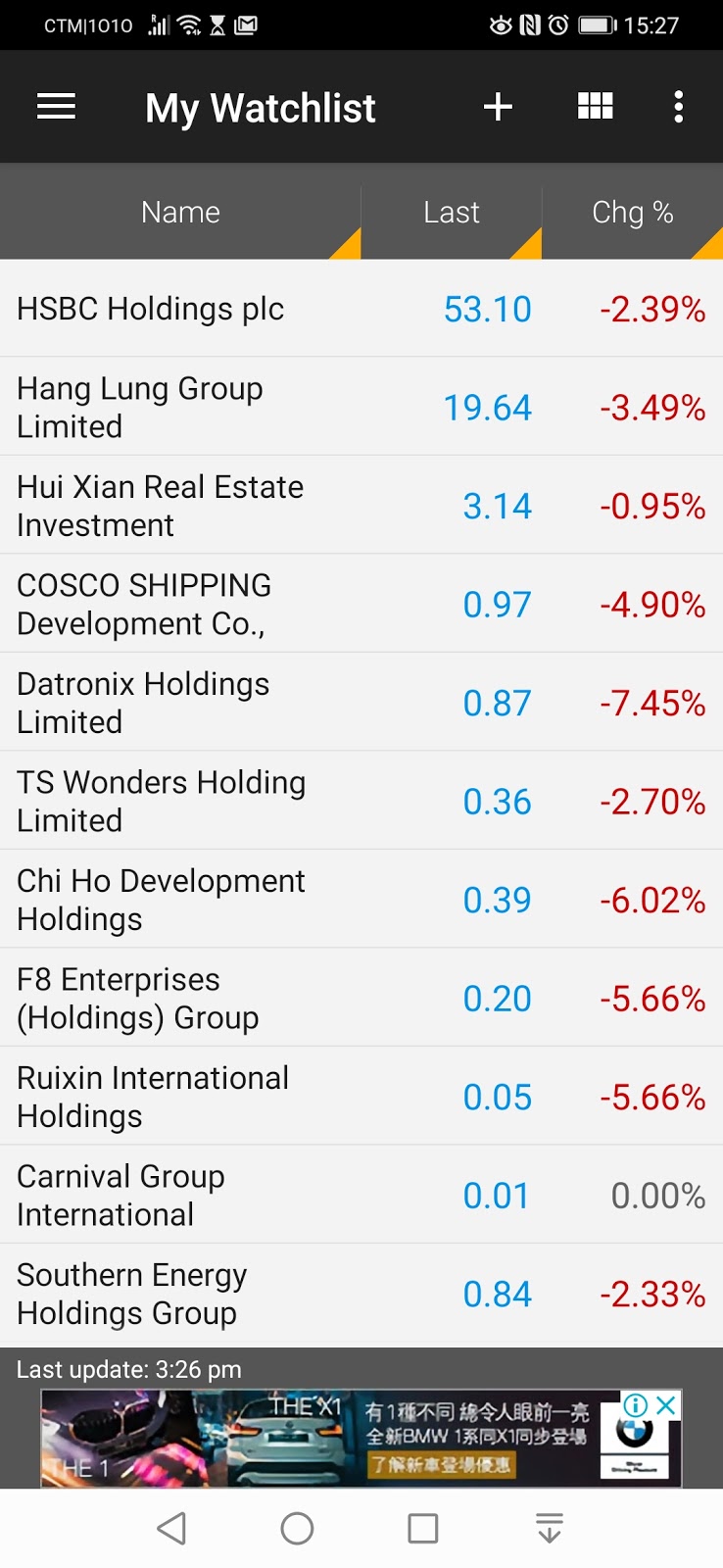How much is Faith worth?
Billions of US dollars.
I read from the FT the other day that faith-based funds are a rapidly growing part of America's $10,000bn mutual fund industry. They hold $17bn in assets, compared to less than $400m 10 years ago.
The top-performing one in the US last year is The Timothy Plan, launched in 1994, with $500m under management "to avoid investing shareholders' money in companies that exhibit a pattern of contributing to the cultural pollution of society". FT cynically suggested that that eliminates at least half of the companies in the S&P 500 index.
I wonder whether any of these funds have bought any of those distressed securities backed by sub-prime mortgages, and how they flare in general during the current credit crisis in the US. Housing, as based on mortgages, subprime or otherwise, should be in line with the "pro-family" Christian values as advocated by the top-performing faith-based fund.
Anyway, even more inspiring than these funds about the value of faith is the man behind a religious conglomerate in Brazil - Edir Macedo, dubbed "the Bishop" by his followers. The Economist has an amusingly eye-opening article on him, his Pentecostal church, his political party and his television network (the country's second largest). Followers are asked to give 10% of their income in return for the church's blessings, in the form of miraculous healing, or success for their families or at work.
On deeper pondering, however, there is hardly anything revolutionary about the whole business model, which indeed is rather commonplace among religious or other faith-based institutions the world over. Value is about happiness and is subjective. It is nobody else business if someone can find happiness in the church's congregation with like-minded souls singing, crying and talking to God together - a priceless experience only those who value it can decide how much to pay for. Indeed the Bishop harmed no one.
But what sets the Bishop aloof at the pinnacle of charisma is his ability to mobilize resources on such sheer scale to undoubtfully great success - clearly another character to learn from, if not to admire.
I read from the FT the other day that faith-based funds are a rapidly growing part of America's $10,000bn mutual fund industry. They hold $17bn in assets, compared to less than $400m 10 years ago.
The top-performing one in the US last year is The Timothy Plan, launched in 1994, with $500m under management "to avoid investing shareholders' money in companies that exhibit a pattern of contributing to the cultural pollution of society". FT cynically suggested that that eliminates at least half of the companies in the S&P 500 index.
I wonder whether any of these funds have bought any of those distressed securities backed by sub-prime mortgages, and how they flare in general during the current credit crisis in the US. Housing, as based on mortgages, subprime or otherwise, should be in line with the "pro-family" Christian values as advocated by the top-performing faith-based fund.
Anyway, even more inspiring than these funds about the value of faith is the man behind a religious conglomerate in Brazil - Edir Macedo, dubbed "the Bishop" by his followers. The Economist has an amusingly eye-opening article on him, his Pentecostal church, his political party and his television network (the country's second largest). Followers are asked to give 10% of their income in return for the church's blessings, in the form of miraculous healing, or success for their families or at work.
On deeper pondering, however, there is hardly anything revolutionary about the whole business model, which indeed is rather commonplace among religious or other faith-based institutions the world over. Value is about happiness and is subjective. It is nobody else business if someone can find happiness in the church's congregation with like-minded souls singing, crying and talking to God together - a priceless experience only those who value it can decide how much to pay for. Indeed the Bishop harmed no one.
But what sets the Bishop aloof at the pinnacle of charisma is his ability to mobilize resources on such sheer scale to undoubtfully great success - clearly another character to learn from, if not to admire.



Comments